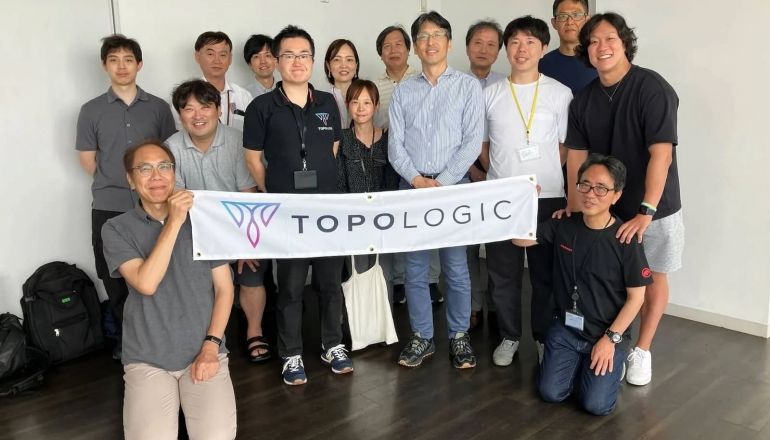AI's Energy Consumption Rises: New Materials Offer Hope

In an effort to curb the growing environmental problem caused by increasing artificial intelligence (AI) energy consumption, a Japanese startup called TopoLogic has developed innovative materials that could significantly reduce the power demand of AI technologies.
According to experts, one input on ChatGPT uses 10 times the energy of a Google search, with overall consumption exceeding 600 million kWh every day. This translates to enough electricity to power over 200,000 average American homes in a month.
Experts from TopoLogic aim to develop devices built from topological materials that are more efficient and use less energy than traditional technologies. These advanced materials have a unique property: electrons can travel across their surfaces without resistance, making devices much more efficient.
TopoLogic has successfully developed new electronic devices using these advanced materials, including high-performance memory components and sensors that consume far less energy. The innovations could reduce AI data center energy usage by 20 to 50%, resulting in massive savings globally.
The startup's CEO, Taiki Sato, expressed confidence in their technology saying "We have developed high-performance devices that use much less energy compared to traditional technologies."
The company is working on several frontiers with its topological materials. They are developing thermal sensing technology that can detect temperature changes at an incredibly fast rate of 5 milliseconds – a significant improvement over traditional sensors.
TopoLogic has faced common challenges when transitioning from academic research to commercially viable business. However, the startup managed to secure about $6 million in funding and is now preparing for its next major fundraising round to accelerate growth.
Their plans involve licensing technology to semiconductor manufacturers and foundries to expand globally. TopoLogic identified Taiwan as a crucial region for collaboration due to its prominence in local academic research related to semiconductors and global presence.
By adopting these topological materials, the startup aims to create sustainable energy-efficient AI systems that minimize environmental harm from growing energy demands.
TopoLogic's technology represents an essential innovation addressing the pressing issue of AI consumption and environmental concern.
